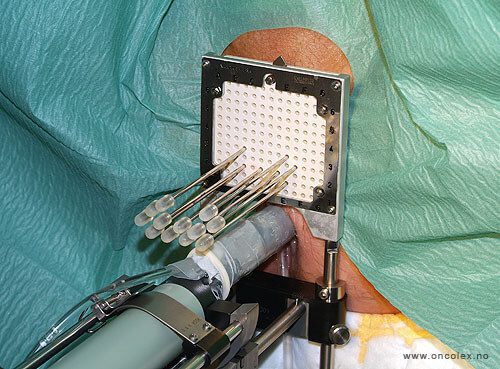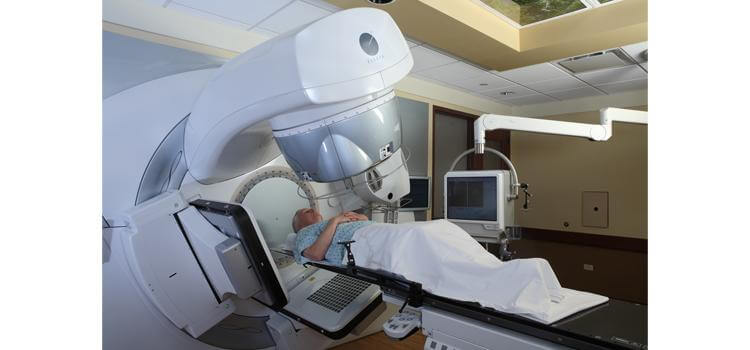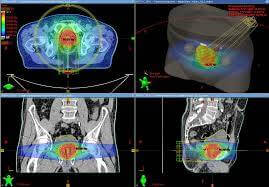What is Radiation Therapy?
Radiation therapy (or radiotherapy) is a form of cancer treatment that damages or kills cancer cells by ionizing radiation, high-energy particles or waves, usually X-rays. Radiation works through direct and indirect damage to the genes that control cancer cells’ growth and division.
The goal of radiotherapy is to limit the spread of cancer cells while minimizing harm to nearby healthy tissue. It can be used to shrink tumors, reduce pressure, and treat other symptoms of cancer.
About 4 out of 10 patients with cancer receive some type of radiation therapy in their prescribed treatment plan. This can be an effective treatment by itself, but other types of cancer are best treated through a combination of procedures, which may include surgery, chemotherapy and immunotherapy.
Radiotherapy can be administered in a number of ways, from external machines, to the insertion of radioactive material. Refer below for the list of radiation therapy treatment techniques commonly used in Asian Alliance Radiation & Oncology.







